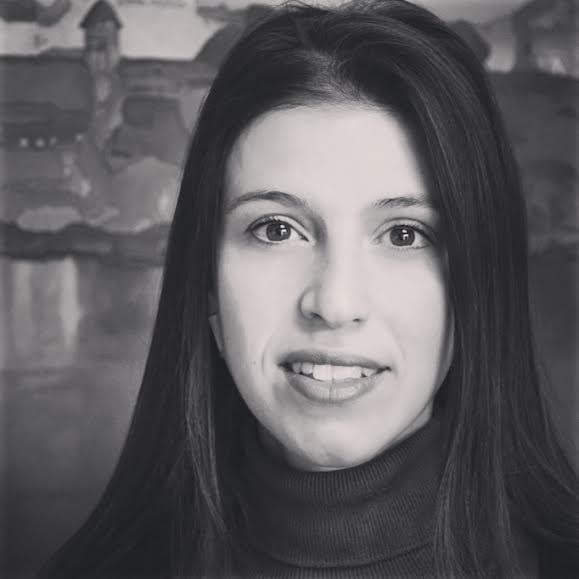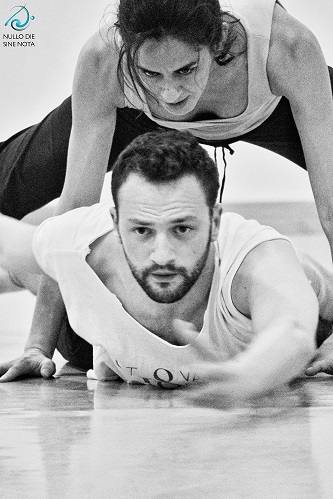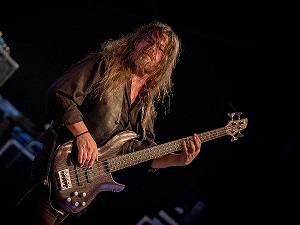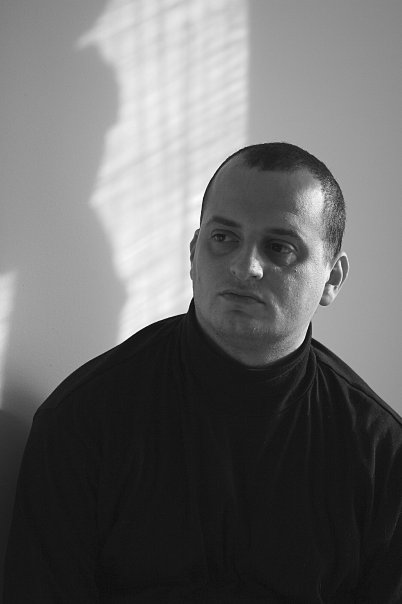The aesthetic enjoyment of an artistic product is a unique and personal experience that may differ among individuals; therefore the perceived value of the artist could be different from that of an audience member. The performing arts can be regarded as experience goods which cannot be evaluated accurately by the consumer until after consumption, making valuation all the more challenging. Also, unlike other experience goods, audience members are usually required to pay for the performance before experiencing it, meaning that the risk of dissatisfaction in attending a performance is inherent.
Still, artists and producers are expected to set prices in advance, which presents an inevitable risk to them as well. Research, however, indicates that in the context of performance arts, price sensitivity among audience members varies and other factors such as time contraints and quality of performance are likely to affect audiences’ valuation of a performance.
This makes pricing strategies in the performing arts a complex matter as audiences may still view their experiences of a performance at least in part through their perception of value for money, even if this might not be the deciding factor.
So how can artists and producers view their prices as ways to create and communicate value to their audiences? What factors could influence pricing strategies in the the performing arts? Are performing arts organisations pressured to lower ticket prices - especially in an era where accessibility and democratisation of the arts is a policy mantra at a European level?
These and more will be addressed, contested and debated in the next ACMlab session with a panel of speakers from the theatre, music and dance sectors, including
- Dorian Mallia and Diane Portelli, Moveo Dance Company
- Dr Albert Bell, Malta Doom Metal Festival
- Adrian Buckle, Unifaun Theatre
Moderator:
Daniela Blagojevic Vella, Researcher on cultural production and participation.
Audience members will also be encouraged to take part in the discussion by sharing their own views and relevant experiences.
The session will take place at Blitz, Valletta on Wednesday 25 April, 6.30pm. Send an email on fundinfo@artscouncilmalta.org to book your free place.
Photo: ŻfinMalta, the Malta International Arts Festival 2016. Photo by Joe Smith
Daniela Blagojevic Vella

Daniela Blagojevic Vella graduated in Communications from the University of Malta and completed a Master of Arts in International Media Innovation Management at the University of Berlin. She is a member of the Valletta 2018 European Capital of Culture Evaluation and Monitoring Steering Committee. Her research focuses on culture production and participation. Previously she headed the Malta MEDIA Desk, an information office of the European Union’s funding programme MEDIA, hosted by the Ministry for Culture. Over seven years, she organised several film industry events promoting European cooperation. She also worked on the development and administration of a number of funds for the culture sector in Malta, including the Malta Film Fund and the Malta Digital Games Fund. She was a member of the advisory committee responsible for the transposition of the Audiovisual Media Services Directive in Malta. Daniela is currently Assistant Director at the Directorate for Lifelong Learning within the Ministry for Education and Employment.
Moveo Dance Company - Diane Portelli/Dorian Mallia

Photo Credit: Leonardo Barilaro
Diane and Dorian have had extensive training in their field. Dorian first trained at Johane Casabene Dance Conservetoire and then moved to Urdang Acedamy and Central School of Ballet in London. In Malta he got his Masters degree in Dance Studies and is now a visiting lecturer at the UOM and Mcast. He has also worked as a dancer internationally with La Mov, RBR and European Ballet.
Diane trained with Tanya Bayona and eventually at The Dance Workshop. She obtained her Degree in Banking and Finance with an Hons in Management from the UOM and then furthered her dance training in Pavia. Dorian, artistic director, founded Moveo Dance Company in 2008 and in 2016 Diane became the Executive Director. Over the past year, Dorian Mallia has choreographed work for Moveo that has toured places like Washington, Brno, Berlin and Timisoara. In February 2016, Moveo produced Carmen, in collaboration with Alegria dance Company and Teatru Manoel which sold out all nights. This was the fourth successful performance commissioned by Teatru Manoel.
Diane has been teaching dance for over 15 years and was the operations manager of Mapoma Co Ltd for over 10 years. She also toured, as choreographer, to Australia and France with Kirana, an opera currently touring globally, directed by Ruben Zahra. In 2016, Dorian and Diane launched ‘Moveo Shine’ which aims at promoting various dance techniques and skills to the younger generation and other communities. Dorian also travelled to Latvia, Sicily and Romania, giving workshops to students overseas. Moveo was also commissioned by Aġenzija Żgħażagħ and Arts Council Malta to perform for various events and summits throughout the years, and have also put up a number of independent performances in various theatres.
Moveo has created work for various editions of Toi Toi, Notte Bianca and ŻiguŻajg. They also have four performances listed as part of the Malta Showcase catalogue of Maltese works of excellence under Moveo Dance Company. This year, both Dorian and Diane were awarded the Premju għall-Arti Artist of the Year’ Award for their work carried out with Moveo Dance Company in 2017.
Dr Albert Bell

Albert Bell holds a B.A. (Gen.) degree in Social Studies and Psychology, and B.A. (Hons.), M.A., and Ph.D. degrees in Sociology from the University of Malta, where he presently holds the post of Senior Lecturer at the Department of Youth and Community Studies within the Faculty for Social Wellbeing. He headed the Department from October 2010 to September 2015, and commenced his lecturing career at the alma mater in 1993, initially deployed within the Criminology Progamme of the then Institute of Forensic Studies, and subsequently transferred to the Department of Youth and Community Studies in 2003.
Between 1996 and 2004 Albert held research and policy development posts at Sedqa – the National Agency Against Drug and Alcohol Abuse. Albert Bell served as Court Assistant at the Juvenile Court for a number of years and has held appointments in myriad Government Boards and Commissions with both a social and criminal justice policy focus. These included the Prison Visitors Board, the National Advisory Board on the Treatment and Prevention of Addictions. Albert Bell chaired the Working Group on the National Strategies Report on Social Protection and Social Inclusion for both 2006-2008 and 2008-2010, and was a member of the Board of Directors of the Foundation of Social Welfare Service and Chairperson of the Foundation for Education Services (FES) between 2010 and 2013.
Albert chaired the Commission on Domestic Violence Subcommittee on Research and Data Collation from the Commission’s inception in 2007 until 2013. His research interests include youth and music subcultures, sociological theory, social deviance, juvenile delinquency and social policy. Albert’s PhD study focused specifically on heavy metal music subculture in Malta – providing sociological insights on inter alia the motivations for preference for the genre and subcultural career trajectories in heavy metal from a sociological perspective and applying subculture theory as his conceptual framework. Contrary to post-modern appraisals of subculture theory, Albert calls for the reclamation and revitalisation of the subculture concept, albeit with some refinement, including a strong emphasis on “subcultural substance” (retained commitment to subcultural groups or interests/preferences).
Albert is also an established musician and song writer and has been active in Malta’s heavy rock circuit since 1984 with several releases to his credit on international record labels and countless live shows both locally and abroad. Albert has handled bass duties and contributes actively to the song writing in two of the Island’s foremost heavy metal bands Forsaken and Nomad Son. He launched his solo project Albert Bell’s Sacro Sanctus’ debut album titled Deus Volt (God Wills It) on the independent Italian record label Metal on Metal Records in 2014. A follow-up album titled Ad Aeternum (To Eternity) was released in April 2016 on the same record label to international critical acclaim. This was the second in a projected trilogy of albums based on Knights Templar history and myth, dwelling on their rise and fall as Christendom’s foremost military order and their subsequent tribulations with the French monarchy and ecclesiastical authorities. Albert (who handles all the song-writing on both lyrical and musical fronts, vocals, bass and guitars on Sacro Sanctus) collaborated with Templar re-enactment societies in Poland for the release of the promo video to Ad Aeternum. The third album titled LIBER III: Codex Templarum, rounding off this trilogy focusing on the Knights Templar, is scheduled for release in July/August 2018. Meanwhile, work on a fourth Sacro Sanctus album focusing on a different yet related historical themes is already work-in-progress.
Albert is also the founder and co-organiser of the Malta Doom Metal festival – an international doom metal festival which is celebrating its 10th anniversary this year.
Adrian Buckle

Adrian Buckle studied Theatre at the Mikelang Borg Drama Centre after which he worked with MADC (Malta Amateur Drama Club) for some years, mainly directing one-act plays. He went on to found Unifaun Theatre in order to concentrate more on theatre that investigates and researches the human character, emotions and behaviour. Adrian is also a member of the Drama Unit, devising Theatre-In-Education projects for Malta's government schools. As producer of Unifaun, he transformed the Maltese theatre scene by updating it with productions of authors like Mark Ravenhill, Sarah Kane, Edward Bond and Philip Ridley, all of whom had not been produced in Malta before.
Submitting ...
Saving ...
Any applications related to this entity, will also be automatically deleted.